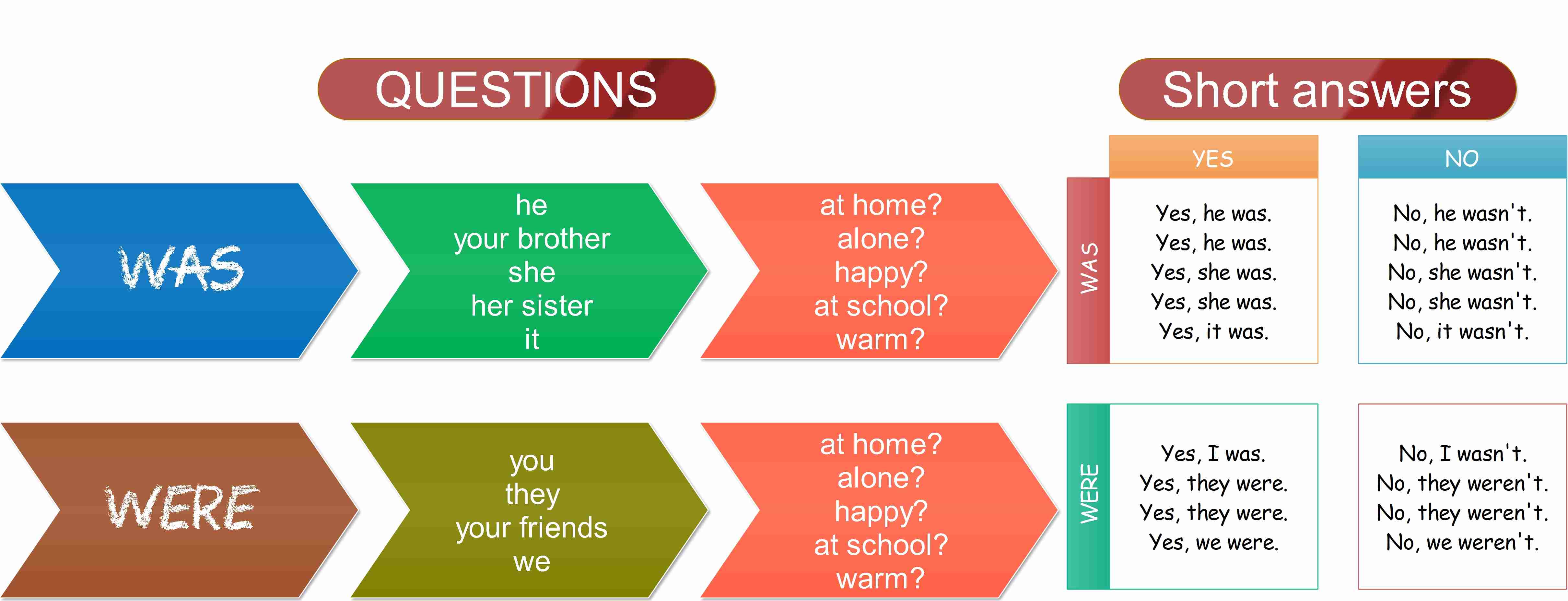Be Present Simple Past Simple Present Continuous Past Continuous Present . Was and were are both past tenses of the verb to be. The verb be is a tricky one because it is an irregular verb and one that we find ourselves using with great .

I’m looking for a simple answer to which is correct: I was or I were. I hear both in conversation but don’t know if there is a hard-and-fast rule for useage, . The verb be is a tricky one because it is an irregular verb and one that we find ourselves . Even you probably struggle with using was and were correctly, but you don’t know it. For those who want to know, I have the answer.
The basic rule states that a singular subject takes a singular verb while a plural subject takes a plural.

Ten dollars (i.e., dollar bills) were scattered on the floor. This is correct when we are talking about . Grammar Rule Examples I was at my Gran’s house yesterday. The grammatical rule, if you want to be strict, is that in subjunctive . It’s similar to the present simple because it has different rules for the verb ‘be’, which becomes ‘was’ or ‘were’: The Past Simple with ‘be’. I knew you were not going to go to the party. Future in the Past follows the same basic rules as the Simple Future. As a refresher, an unreal conditional sentence expresses events that are hypothetical or contrary-to-fact.
Some “if” clauses use “were” even if the pronoun is . Here are some of the rules for when to use their and when to use there. We walked their dog for them while they were on vacation. If he were here, he would know what to do. Rule 2: Form the plurals of nouns and the -s forms of verbs ending in y in these ways: a.